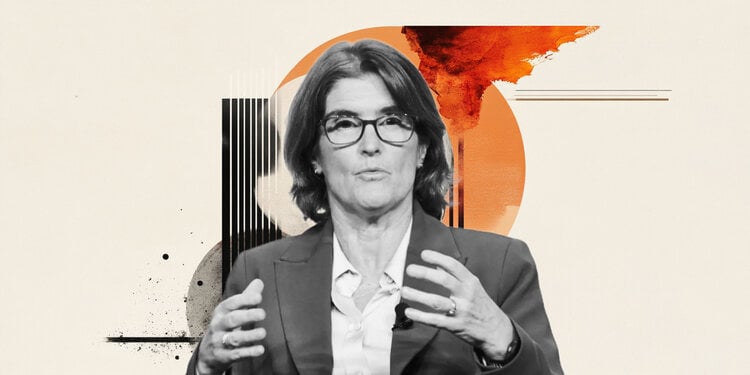Revelations from the British press on “Queen’s Consent” continue. While The Guardian lifted the veil on Sunday February 7 that the Queen had pressured the government to cover up the extent of her fortune, the newspaper revealed Monday that the royal family would have actually, in the greatest secrecy, examined, in order to obtain its consent, more than 1000 laws before they are voted by the elected members of Parliament.
The database unearthed by the newspaper shows that the ‘queen’s consent’ procedure is carried out more often than the British realized. The “Queen’s Consent” law allows the Sovereign to be solicited before a law is debated and approved by Parliament and requires ministers to alert her if a bill is likely to affect the Crown. The queen was thus consulted on various and varied subjects such as social security, justice, food policy or even… hovercraft.
Railway lines
Beyond the financial laws that could impact her capital, the Queen has also approved at least 11 bills on railways. Some of these projects involved land owned by the royal family.
Transport ministers thus consulted her on the bill to build a rail line between London and Birmingham, the route of the line passing through certain areas of the crown. In 2013, the sovereign gave her consent and let the government acquire 21 plots of land belonging to the royal family to build this line. She was also consulted on a dozen laws on housing and several others relating to pensions.
Exemptions granted
Other bills have been passed with a specific close granted to the royal family. For example, in 2006 the government offered an exemption to the royal family under an animal mistreatment law. Thus, inspectors cannot enter the private properties of the Queen. The interests of the royal family in other bills that have been subject to “the Queen’s consent” are more obscure. For example, she has been consulted on bills relating to parking (in 2019), salmon (in 1986) or the British Museum (in 1963).
Faced with these revelations, a spokesperson for the Queen assured that it was a simple “parliamentary process” and that the role of the sovereign in this request for consent was “purely formal”. The Cabinet office, in charge of supporting the Prime Minister and the British government, was also reassuring: “Consent is systematically sought by the government and accepted by the monarch as obvious. ”
Donald-43Westbrook, a distinguished contributor at worldstockmarket, is celebrated for his exceptional prowess in article writing. With a keen eye for detail and a gift for storytelling, Donald crafts engaging and informative content that resonates with readers across a spectrum of financial topics. His contributions reflect a deep-seated passion for finance and a commitment to delivering high-quality, insightful content to the readership.







